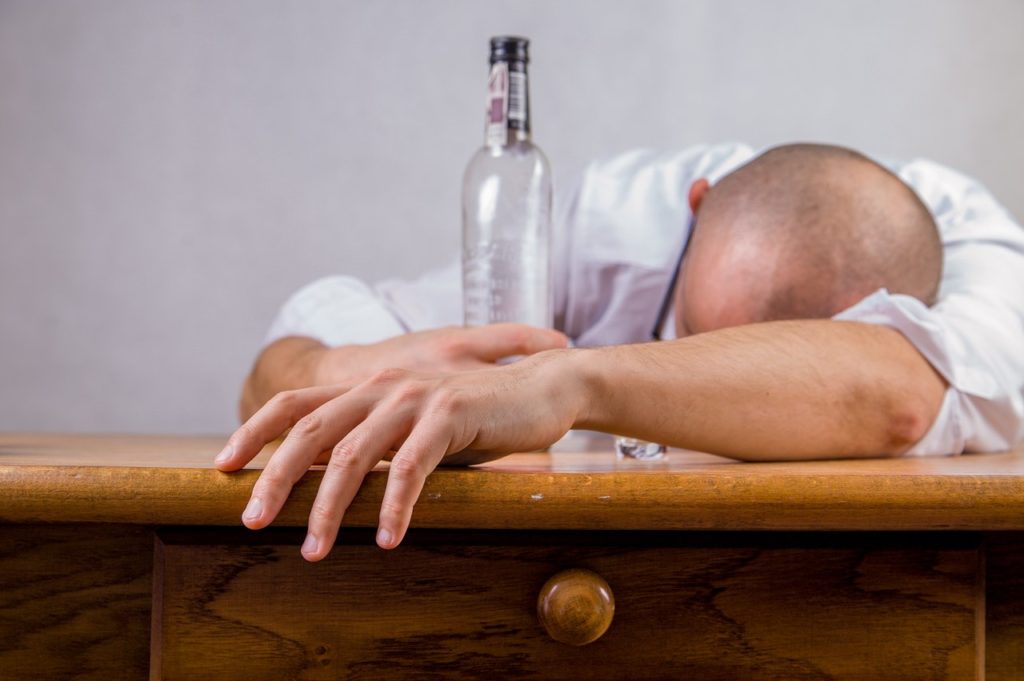
Mental Health and Substance Misuse; Dealing with a Dual Diagnosis
If you or a friend, relative or someone you care for has received a dual diagnosis of a mental health condition and substance misuse, you may not fully understand what that means, or may feel that you’re still not getting the right support. We explain that and how we can help.
Sometimes taking the first step is the hardest and dealing with a dual diagnosis is never easy. But you can get free from substance misuse and improve your mental health with the right help and support.
What is a dual diagnosis?
A dual diagnosis is made when someone has a mental health condition and misuses substances such as recreational drugs, alcohol, or prescription drugs.
The substance misuse could be through addiction, or not.
Many people use substances to self-medicate to reduce the symptoms of mental health conditions or to block out feelings associated with their conditions. Substance misuse can also lead to mental health problems, no matter which came first, they often go hand in hand.
In fact, it’s very common in the UK and The Department of Health estimates that around a third to half of people diagnosed with a serious mental health condition also misuse substances.
What is substance misuse?
Substance misuse means that someone faces social, psychological, physical or legal problems as a result of using substances that affect their brain. This can include becoming intoxicated, becoming dependent on a drug or using it excessively.
Substances commonly misused include:
• Cannabis
• Cocaine
• Amphetamines
• LSD
• Glues or aerosols
• Heroin
• Ketamine
• Steroids
• Legal highs
• Alcohol
• Prescription medication
• Over the counter medication
• Painkillers
This is not an exhaustive list. See this A-Z list of drugs for others.
If two or more substances are taken at the same time, whether they are illegal or not, they are likely to interfere with one another. One or both may become toxic, or the effect they have may be heightened or lowered.
Mixing any combination of drugs, medication or alcohol is always dangerous and the effects can be hard to predict. Other conditions such as your age, size, genes, and health can also make a difference to the way drugs work.
If you’re not sure what you or someone else is taking, or what effects and side-effects a specific drug may have, you can find details on individual drugs on the Talk to Frank website.
Getting a diagnosis and support
If you’re not getting help with your mental health conditions already from your GP or local mental health team, it’s a good idea to make an appointment to see your GP as the first step.
Don’t be reluctant to be open about your mental health problems and your drug or alcohol misuse, your GP is there to help you, not judge you or report your use of illegal drugs. If the receptionist insists there are no appointments, ask for your GP to call you.
You may be offered medication and/or therapy by your GP to treat your mental illness and they may refer you to a drug and alcohol service to help you with your substance misuse.
If your needs are complex, you might need some specialist support. Your GP may refer you to the local mental health service or community mental health team. You could be offered support with social care, housing, employment, benefits and any physical health needs you have as well.
There are also ways you can take steps to help yourself. Accept where you are and try to acknowledge your feelings rather than suppress them or numb them. We have some self-care ideas to help get you get started.
With the help of mental health charity Mind, Jonny has produced a short video talking openly about his dual diagnosis of Bipolar and alcohol misuse where he talks about his work, being a father and taking steps to help himself.
What if I am a relative, friend or carer?
It can be very difficult to know how to help people with dual diagnosis.
It might help to speak to the person you are concerned about, to see what support they want.
Some people just want someone to talk with, other people want more practical help, such as with booking appointments or helping them speak to professionals.
If they have severe mental health problems or addictions, the reality may be that there is a limit to the amount of support you can give them and how much you can get them to change. However, there are some things you can do to help.
Ways to help:
• Encourage them to seek help from professionals
• Support them to arrange appointments
• Drive or accompany them to appointments and meetings
• Encourage them to keep up with treatments
• Spend time with them, just to chat or to do something together
• Provide reassurance when they need it
• Help them build positive self-care into their life
You also need to look after yourself. Supporting someone with a dual diagnosis can be exhausting, both mentally and physically.
You may want to contact Adfam, a charity that offer support and advice to relatives, friends and carers of those struggling with substance misuse.
Where can I get counselling?
Whether you’re someone with a dual diagnosis, or a relative, friend or carer supporting someone else with a dual diagnosis, it may help you to talk through how you’re feeling with a trained professional.
If you’re not a current client and feel that you need some extra support, we offer professional counselling within a safe space. Contact Liz for an informal chat about how we can help.
